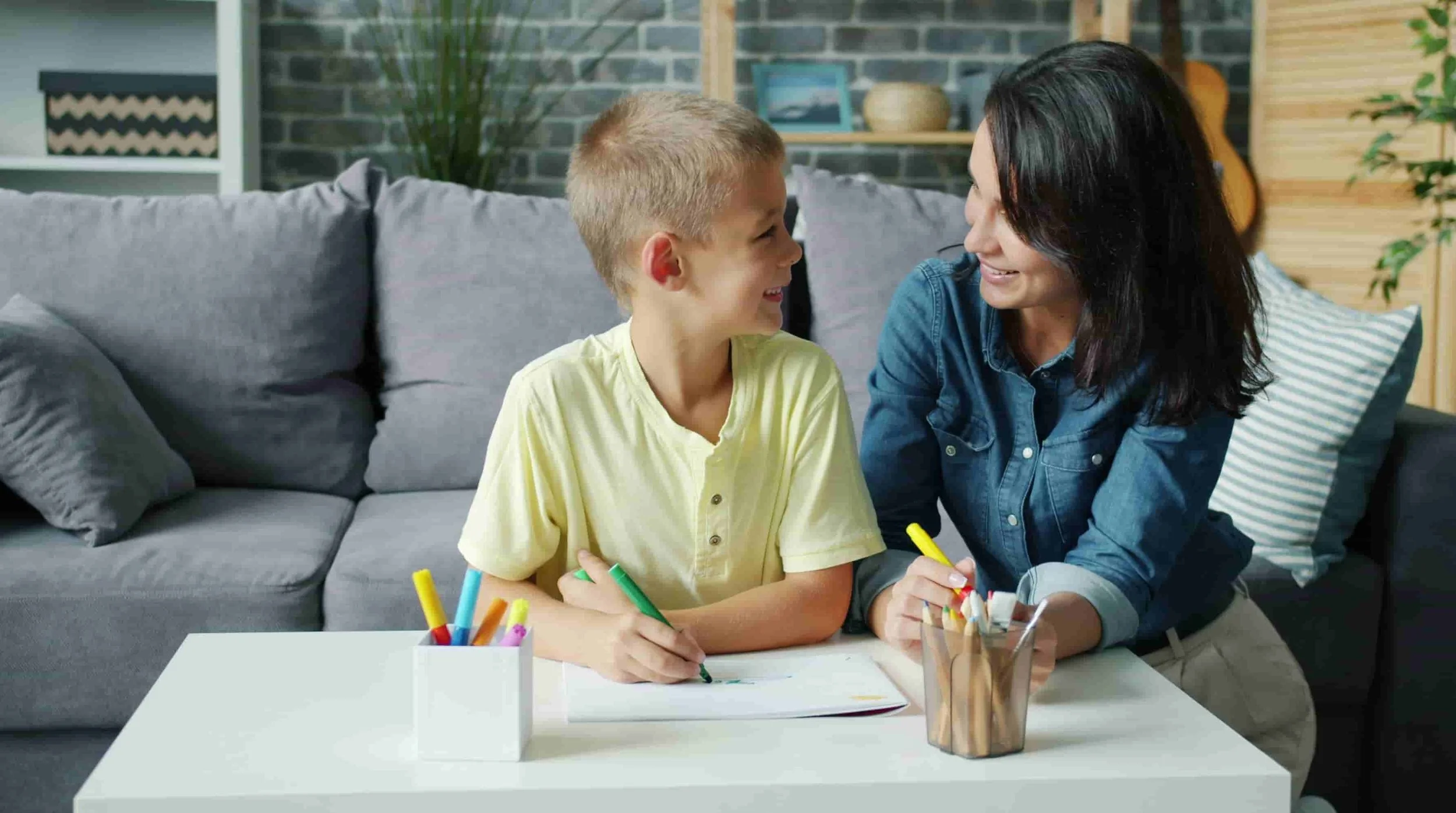Repairing Parent–Child Conflict with Emotion-Focused Therapy
Family relationships can be tough to navigate. Kids grow, emotions shift, routines get busy, and parents often feel stretched thin by work, stress, or exhaustion. Do you notice frequent arguments, raised voices, or complete silence between you and your child? It’s normal for parent–child relationships to feel tense at times, especially when there is subconscious resentment built up.
Emotion-Focused Therapy (EFT) can help you and your child become more aware of your emotions and learn strategies to manage them without blowing up. If conversations with your parent or child seem to lead to nowhere, therapy can offer tools and strategies to more effective and healthy ways of communicating that will strengthen your connection to one another.
EFT Therapy and Handling Emotions
EFT focuses on understanding the emotional patterns that show up during family interactions. This approach is based on the idea that human beings are largely affected by emotions in their daily experiences, and rather than avoiding them, working with them to develop healthy patterns of handling emotions.
It can help individuals develop 3 core skills:
Identifying Emotions
Understanding the Root
Managing Emotions Effectively
Many people don’t realize why certain emotions flare up during conversations with family. If you find yourself getting uncontrollably irritated or angry when attempting to talk with your family, these are conflict patterns that are difficult to break on your own and can be tackled using EFT therapy.
Emotions and Meaning
Emotions help us make sense of situations, what feels safe, what feels threatening, and what matters most. They serve as signals that things are going right or wrong. However, unmanaged emotions can develop into unhealthy communication patterns, or other maladaptive behaviors used to avoid intense emotions.
EFT is a person-centered approach. This means that therapists will never try to assume your emotions or tell you how you should feel. Rather, therapists are focused on helping individuals evoke deeply buried or surface level emotions, understand what these emotions mean to the individual in their own life context, and develop a healthy goal or plan based on individual needs.
In order to function well in daily life, we need to be aware of our feelings, where they stem from, and how to manage them in a healthy way.
Examples of these include:
Social withdrawal
Lashing out with aggression
In extreme cases, substance abuse, depression, or anxiety
Whether you're struggling to have simple conversations or patterns have become so ingrained that they affect daily life, EFT therapy is beneficial for everyone. This approach will teach you how to communicate in a healthy way by coping with emotions in a positive manner.
You Can Get Through This
Family matters are rarely simple. Repetitive negative emotions that surface when trying to communicate with family members can worsen existing issues, small or large.
If you and your family can benefit from learning to effectively communicate through emotion identification, understanding, and management, EFT therapy may be the right path to take.
Contact us to book a free 15-minute consultation with one of our EFT family therapists today. Let’s work together to help your family understand the source of their emotions and handle them in healthy ways.

